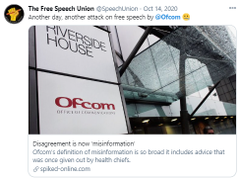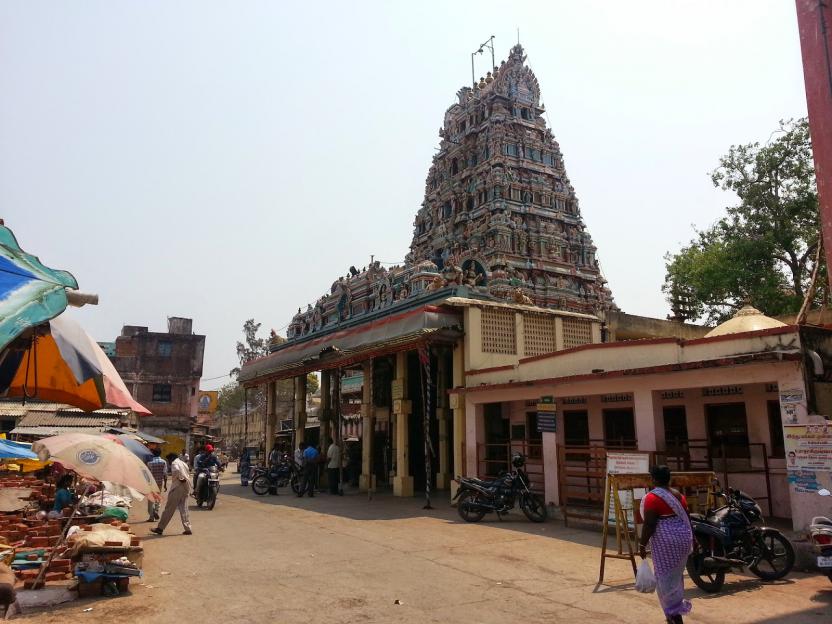The UK government is reportedly planning to install former Daily Mail editor Paul Dacre as chair of the broadcasting regulator OFCOM. Some background: https://t.co/psZabLCOaD 1/
Your regular reminder that @ProcterGamble and @Gillette helped to pay for this... #StopFundingHeat pic.twitter.com/FKNe94zM5j
— StopFundingHeat (@stopfundingheat) August 1, 2020
i get that this is a daily show bit but my god some of these are so incriminating in hindsight pic.twitter.com/qr8S3dCRYn
— j.d. durkin (@jiveDurkey) January 14, 2021
As long ago as 2008, the award-winning journalist Nick Davies published a shocking expos\xe9 of systemic racism at the Daily Mail, in his book Flat Earth News: https://t.co/dGTAoxHL2n /3
— Stop Funding Hate (@StopFundingHate) January 14, 2020

https://t.co/5GJ4BjDNq1
More from Government
1.) HMX-1, which flies the VH-3D and VH-60N 'White Top' helicopters used to move... 1/X
Very noisy helicopters flying around Vice President\u2019s residence \u2014 what is going on? pic.twitter.com/XPs1A3px7m
— Michael Beschloss (@BeschlossDC) January 11, 2021
the President and VP around, those helos being called Marine One or Two when either is onboard, need to train. The urban landing zones, including WH and VP Residence, are not simple to get in and out of. So, crews need some currency training. They are not just tasked with... 2/X
moving POTUS and VP to get them around the region and to Andrews AFB for long-haul flights, they are essential to Continuity of Government operations. This means that if a threat were to emerge, they need to be ready to snatch POTUS and VP in minutes. This is partially... 3/X
why they have a full forward operating location at Naval Support Activity Anacostia, just 3 miles from the WH. As such, practice is important and considering the state of things, it is critical now more than in any recent memory. 4/X
2.) Considering what happened last week, including mobs of Trump supporters screaming in unison to hang the VP for doing what the constitution states, absolutely despicable in every way, security has been tightened just as it has been all over. Using the helicopters instead.. 5/X
12/12: The earlier DC protest over the electoral college vote during clearly inspired Jan 6th. On Dec 12th, he tweeted: “Wow! Thousands of people forming in Washington (D.C.) for Stop the Steal. Didn’t know about this, but I’ll be seeing them! #MAGA.”
Jumping in for @DCist/@wamu885 this evening. The scene rn coming up 17th Street from BLM Plaza. pic.twitter.com/Fn9aukjEPW
— Matt Blitz (@WhyBlitz) December 12, 2020
12/19: Trump announces the Jan. 6th event by tweeting, “Big protest in D.C. on January 6th. Be there, will be wild!” Immediately, insurrectionists begin to discuss the “Wild Protest.” Just 2 days later, this UK political analyst predicts the violence
On January 6, armed Trumpist militias will be rallying in DC, at Trump's orders. It's highly likely that they'll try to storm the Capitol after it certifies Joe Biden's win. I don't think this has sunk in yet.
— Arieh Kovler (@ariehkovler) December 21, 2020
12/26-27: Trump announces his participation on Twitter. On Dec. 29, the FBI sends out a nationwide bulletin warning legislatures about attacks https://t.co/Lgl4yk5aO1

1/1: Trump tweets the time of his protest. Then he retweets “The calvary is coming” on Jan. 6!” Sounds like a war? About this time, the FBI begins visiting right wing extremists to tell them not to go--does the FBI tell the president? https://t.co/3OxnB2AHdr


















